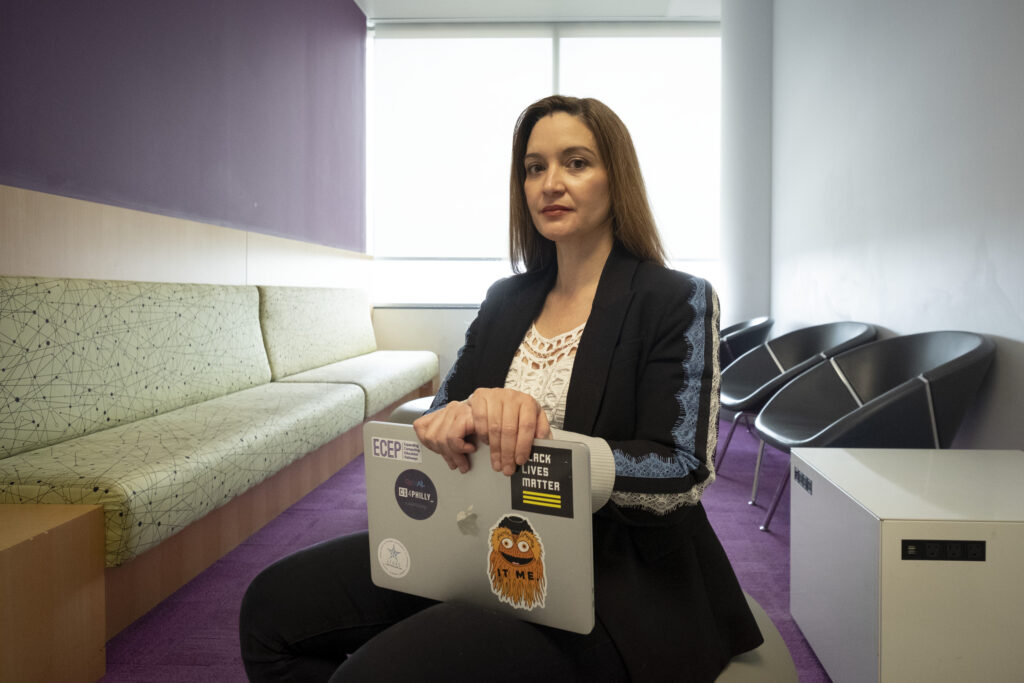
Selected Projects
My research is in the areas of software engineering, pervasive computing, crowdsensing, broadening participation in computing, pedagogical innovations in computer science and AI education. The models, programming abstractions, and toolkits that I have developed enable reasoning about context-aware systems and lower the barrier to developing robust software for rapidly changing pervasive computing environments. The interdisciplinary work that I engage in continues to lead to collaborations that have socially relevant applications; I continue to develop collaborations with psychologists, cognitive neuroscientists, and educational researchers to create assistive technologies for smart health and well-being as well as interventions that have the potential to significantly increase persistence in computing degree programs, with enhanced impacts among African American/Black, Hispanic/Latinx, Native American/Alaskan Native, Pacific Islander/Native Hawaiian, and women students, faculty, and professionals who have been historically excluded in the field of computing. Through my work in these areas, I have been awarded approximately $40M in research funding from multiple agencies, including the National Science Foundation and the Department of Homeland Security.
See Google Scholar for a list of publications.
Project moveSmart: Integrating K12 computer science with physical activity and core subjects through wearable computing
To address the need for all K12 students to develop knowledge about computer science concepts, Project moveSMART aims to integrate computer science learning objectives into core subject areas, while motivating physical activity to promote student wellness as part of a whole learner approach. Project moveSMART uses a web-based platform and wearable sensors to integrate opportunities for physical activity with computer science and computational thinking (CS/CT) learning activities. The associated Project moveSMART curriculum embodies a project-based learning approach to expose students to data analysis and machine learning in the framework of classification and pattern recognition.
BRIDGES: Connecting data structures and algorithms assignments to dynamic, real world data set
The BRIDGES project aims to enable the creation of more engaging, socially relevant assignments in introductory computer science courses by providing students with a simplified API that allows them to populate their data structure implementations with live, real-world data sets, such as those from popular social networks and web repositories (e.g., Twitter, Facebook, IMDb). The BRIDGES software system also allows students to create and explore visualizations of each executed data structure that they implement, which can promote better understanding of data structures and underlying algorithms. Students using BRIDGES show increased learning gains and successful progression in following courses in the CS major compared to a control group. Ongoing projects explore the integration of AI into the BRIDGES software platform to support the identification of individual student knowledge gaps and generation of customized challenge problems that connect to their prior, demonstrated proficiencies.
STARS: Developing Evidence-based Approaches for Broadening Participation in Computing
We build upon theories of identity development and student engagement to construct evidence-based approaches that broaden participation of underrepresented groups in computing and improve learning outcomes for all students. Focus is given to exploring pedagogical methods for teaching computer science that increase persistence in computing degree programs. Approaches are realized and experimentally validated through the STARS Computing Corps (STARS), a national alliance of more than 70 colleges and universities with a shared commitment to broadening participation in computing. At each STARS member institution, faculty support college students in leading computing-related service learning projects for the K-12 population, such as engaging students from underserved schools in computer science learning experiences or providing teachers with support for inclusive, engaging computer science learning activities. These projects promote persistence and advancement among STARS college students by 1) connecting their computing knowledge to community and societal impacts; 2) reinforcing their computing knowledge through teaching and practice; 3) developing professional, entrepreneurial and creative skills; and 4) fostering a network of computing faculty and students with a shared commitment to diversity, equity and inclusion in computing.